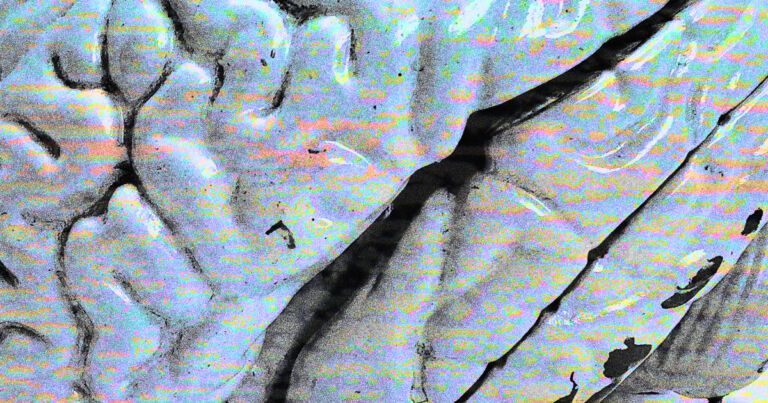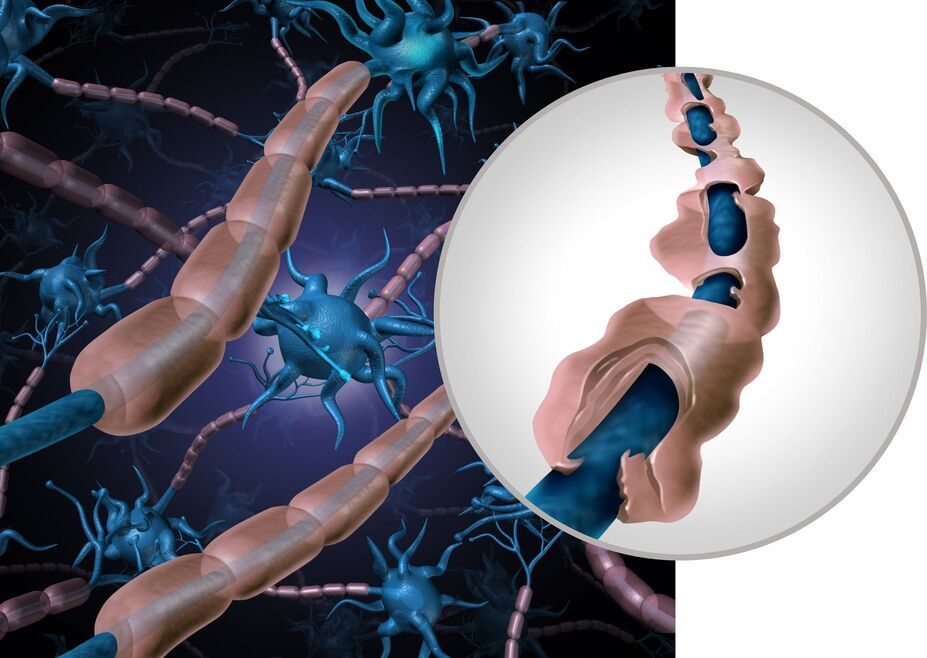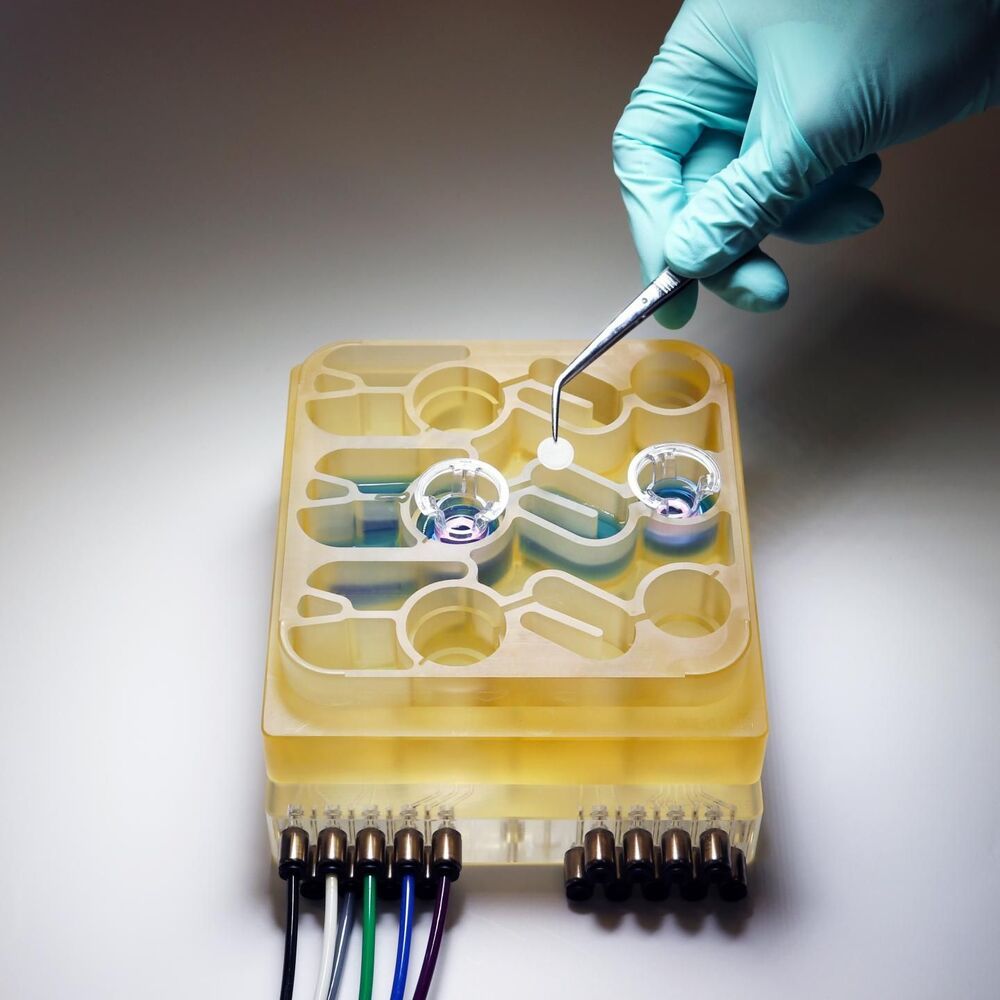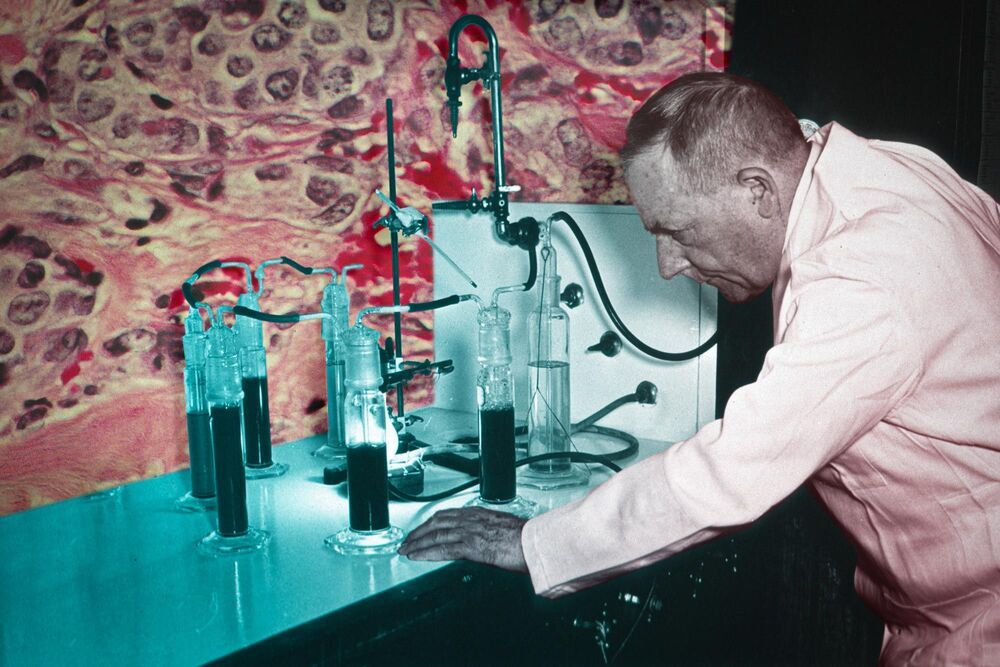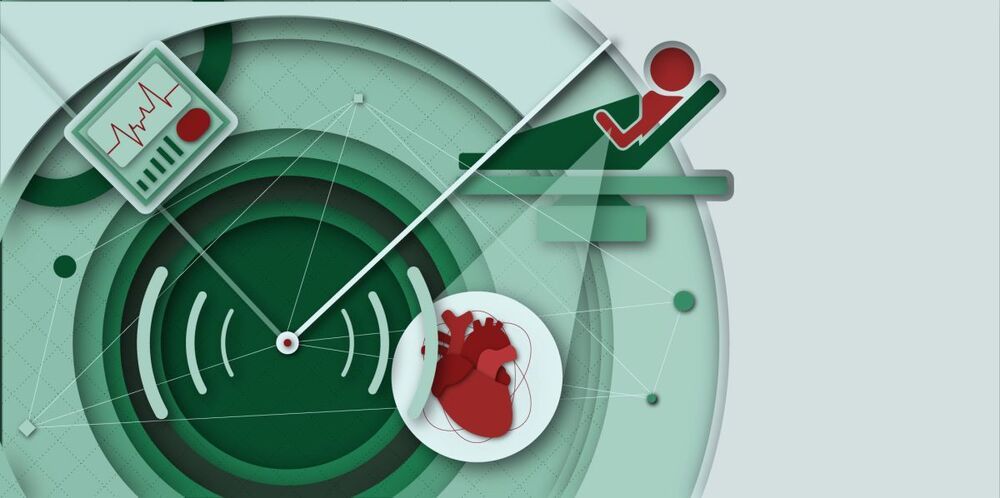ABS is partnering with Telemedia, a broadcasting and teleport service provider in South Africa, to improve its service offerings to customers in the Middle East and Africa region (MEA). ABS announced Monday that the company will gain access to a full suite of telecom services provided by Telemedia at its Johannesburg teleport. Telemedia will provide teleport fiber connectivity, data center hosting, and satellite uplink capabilities.
Telemedia said the partnership enables the company to further expand its broadcast and satellite connectivity services in the MEA.
“Our collaboration with Telemedia reinforces and strengthens our presence in the MEA and provides an extension to our global connectivity network,” Ron Busch, ABS’ EVP Engineering and Operations said. “[Telemedia’s] infrastructure offering with a solid track record, excellent customer support and can-do attitude during the COVID-19 pandemic shows its commitment to excellent customer service.”

